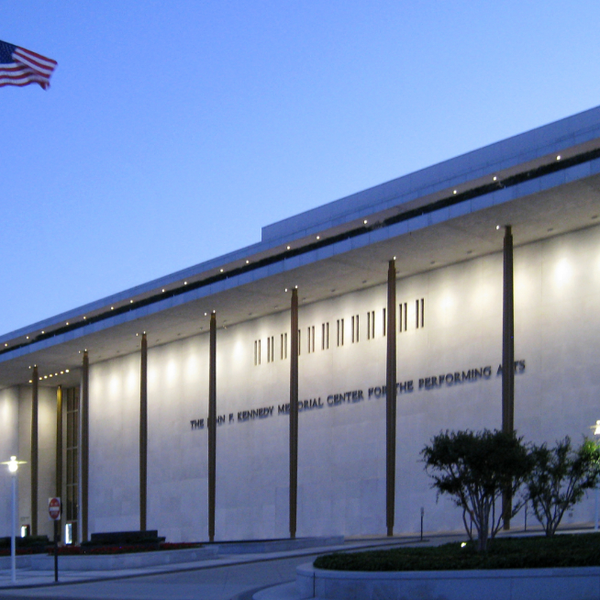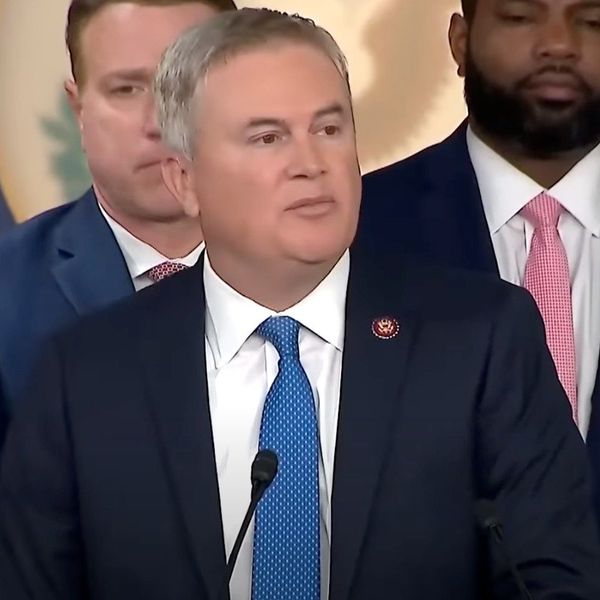
By Alexandra Zavis, Los Angeles Times
With two Texas health care workers infected with Ebola after a visitor from Liberia flew into Dallas carrying the deadly virus, there are growing calls in the U.S. to impose limits on travel from the hardest-hit countries in West Africa.
House Speaker John A. Boehner (R-OH) was among the latest to urge President Barack Obama to consider a temporary ban on travel to the United States from countries afflicted with the virus, saying the House stood ready to act “if it becomes clear legislation is needed to ensure the threat is countered aggressively.” Other lawmakers were urging the U.S. to stop issuing visas to visitors coming from the region.
More than two dozen African countries have already imposed restrictions or outright bans on travel to and from Liberia, Sierra Leone and Guinea, and numerous air carriers have canceled flights. On Thursday, four more U.S. airports began screening passengers arriving from those nations for signs of the disease, reported to have killed nearly 4,500 people in Africa.
But public health officials say the move to further restrict travel could have precisely the opposite of the intended effect.
Fewer flights and longer travel delays will make it harder to send medical supplies and personnel to the countries where they are most essential to fight the virus and halt its spread to the U.S., they say. Such restrictions could also drive Ebola victims underground, making it nearly impossible to find and isolate infected people before they spread the virus to others and providing a false sense of security in the U.S.
“The way we’re going to reduce risk to Americans is … stop it at the source, in Africa,” Dr. Thomas Frieden, director of the U.S. Centers for Disease Control and Prevention, said this week.
Members of Congress calling for travel restrictions — most of them Republicans, but also some Democrats — have said that exceptions could be made for relief workers and supplies. Sen. Ted Cruz (R-TX) this week suggested the use of military transport.
“We do not have to leave the door open to all travel to and from hot zones in Western Africa while Ebola is an unwelcome and dangerous stowaway on these flights,” Rep. Tim Murphy (R-PA) said at a hearing Thursday on Capitol Hill.
White House spokesman Josh Earnest said the Obama administration was not considering a travel ban.
“If we were to put in place a travel ban or a visa ban, it would provide a direct incentive for individuals seeking to travel to the United States … to not be candid about their travel history,” Earnest said.
There is no proven treatment or vaccine for Ebola, which is spread through contact with the bodily fluids of patients once they develop symptoms. Health authorities can only isolate the sick, trace all those who came into contact with the patients and monitor them for symptoms.
The CDC has been working with international health and travel authorities to identify sick travelers before they arrive in the U.S.
Before passengers are allowed to leave West Africa, their temperature is taken and they are asked to fill out a questionnaire. In the last month, 77 people were prevented from boarding flights because they had symptoms that could be associated with Ebola, Frieden said this week. None was diagnosed with the virus.
Since Saturday, passengers arriving at New York’s John F. Kennedy International Airport from Liberia, Guinea and Sierra Leone have been checked again. The enhanced screening was extended Thursday to the Newark, N.J., Atlanta, Chicago O’Hare and Washington-Dulles airports. Together, the sites account for 94 percent of the more than 1,000 passengers who arrive each week from those countries.
The California Department of Public Health has asked the federal government to consider adding California airports to the group. Some Texas lawmakers also want the measures implemented in their state.
The Obama administration is urging other countries to do the same. There are no direct flights between the U.S. and the hardest-hit African nations, so many passengers travel through Europe. Britain began screening some passengers this week and France said it would start Saturday.
But the measures aren’t foolproof. A rise in temperature, one of the most common early symptoms, can be offset with aspirin and other medication. The virus can incubate for up to three weeks, making it impossible to detect until long after an infected passenger has cleared customs. The Ebola patient who died last week in Dallas had been checked before he left Liberia, but he did not develop symptoms until after he arrived in the U.S. on Sept. 20.
Several Ebola scares have resulted in sick passengers being escorted off planes by crews in biohazard suits. None of the passengers was found to have Ebola. But the admission by CDC officials that one of two infected health care workers from Dallas was allowed to fly Monday with a low-grade fever added to public fear about the safety of air travel. Frieden said the risk to fellow passengers was low.
Dr. Kent Brantly, the American missionary who contracted Ebola in Liberia and survived, said he thought there was “a lot of irrational fear about Ebola spreading in the United States.”
“The answer is not simply to close the borders and let them deal with it themselves,” he told CNN in an interview aired Thursday. “We have to go put an end to this epidemic (in West Africa) or it’s going to keep coming back to cause problems and suffering in the global community.”
Existing restrictions have already complicated efforts to fight Ebola in Africa, which the United Nations says require flying in large numbers of personnel and supplies, including 300,000 pieces of personal protective equipment a month.
British Airways, Air France and most regional carriers have suspended flights to the three hard-hit countries, although the French airline has maintained service to its former colony, Guinea. Delta Airlines stopped flying to Liberia at the end of August, citing insufficient demand.
The U.N. is now setting up an air bridge out of Senegal and Ghana to fly in supplies and personnel. But the dearth of commercial options remains an obstacle, aid workers say.
Smaller shipments that would normally be delivered via commercial flights must now be bundled together and sent in chartered cargo planes, which takes longer and raises costs. Getting in and out of the affected countries can mean lengthy and circuitous routing, making it harder to rotate personnel who are working in dangerous conditions.
Sean Casey of the Los Angeles-based International Medical Corps said he struggled to find an airline that would take him from Sierra Leone to Liberia to help open an Ebola treatment unit in August, turning what should have been a short hop into a two-day, multi-country ordeal. He said international volunteers won’t come without guarantees that they can get home.
“This is a very difficult response to recruit for,” Casey said. “So every single roadblock that’s put up, it means it’s that much harder to get the response that’s required.”
Staff writers Kathleen Hennessey in Washington, Tina Susman in New York and Eryn Brown in Los Angeles contributed to this report.
Photo: Shyb via Flickr








